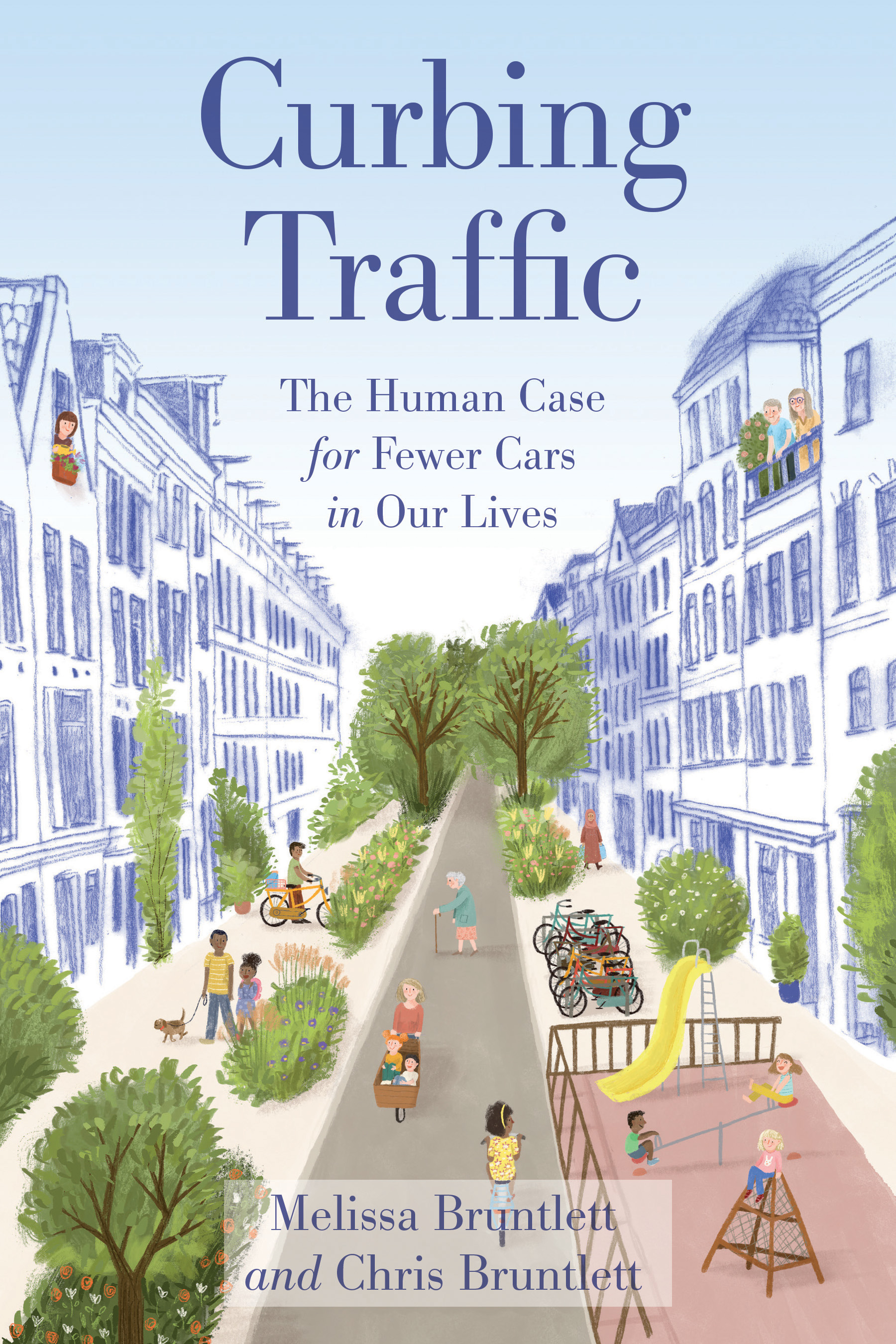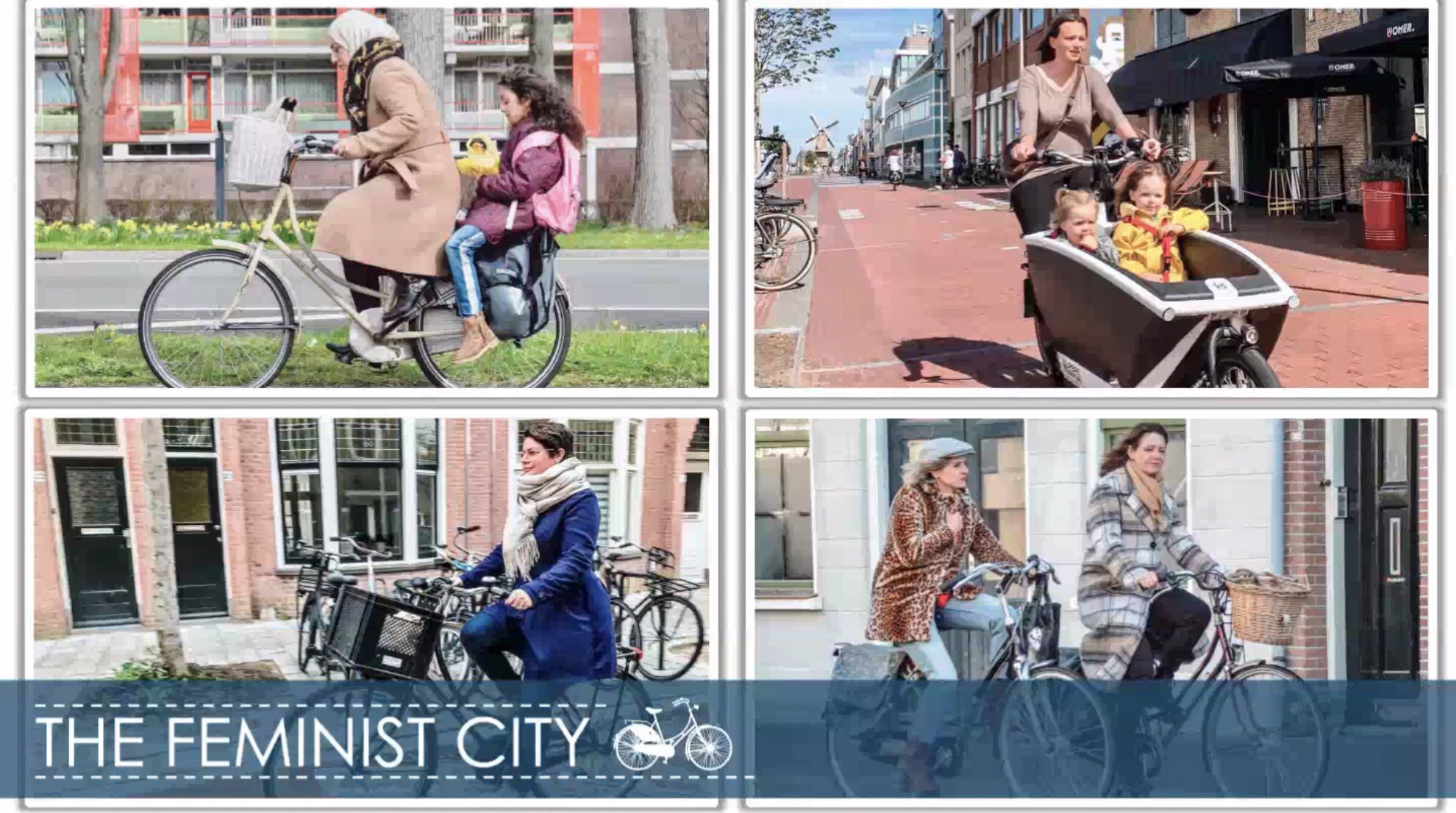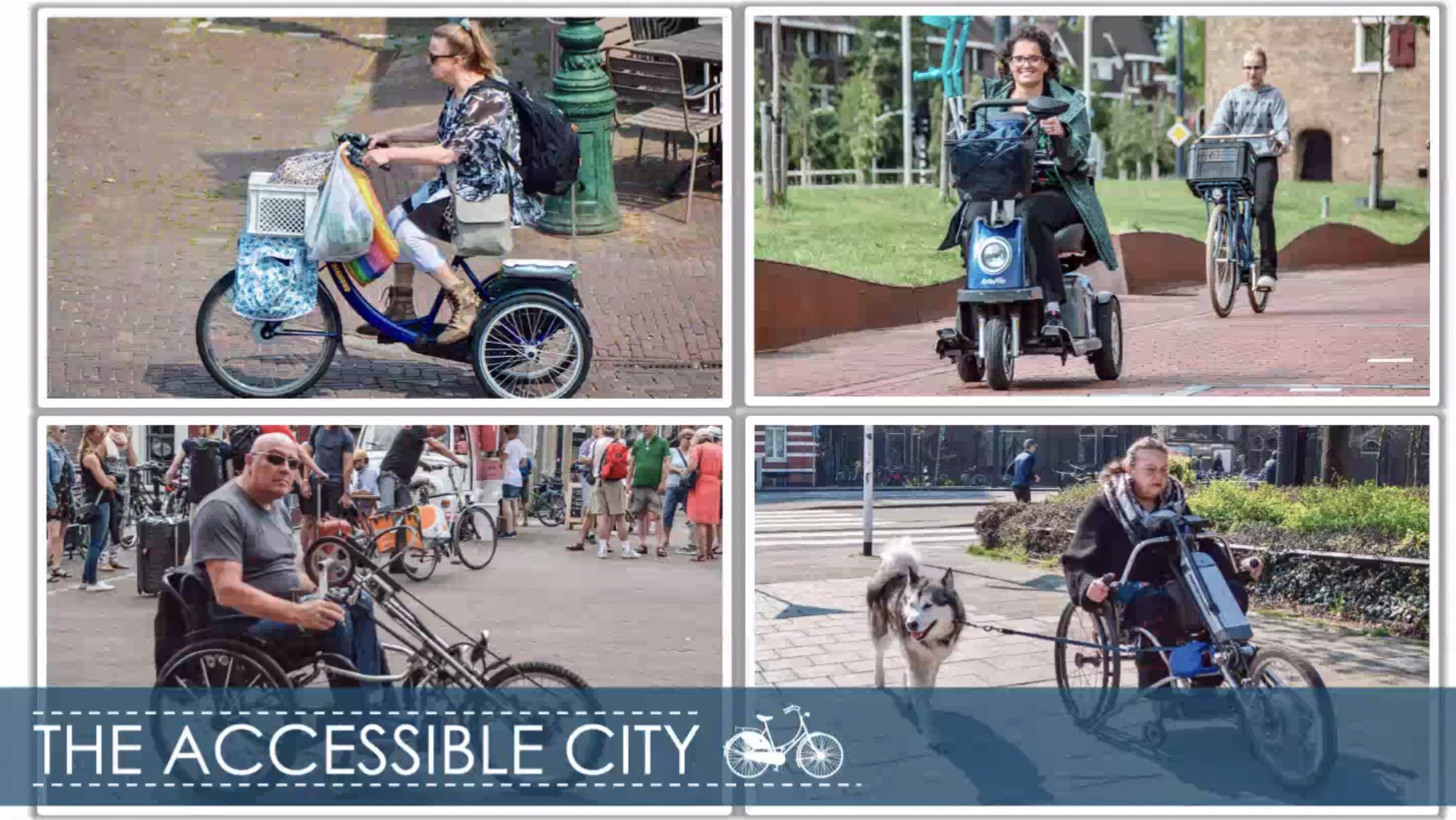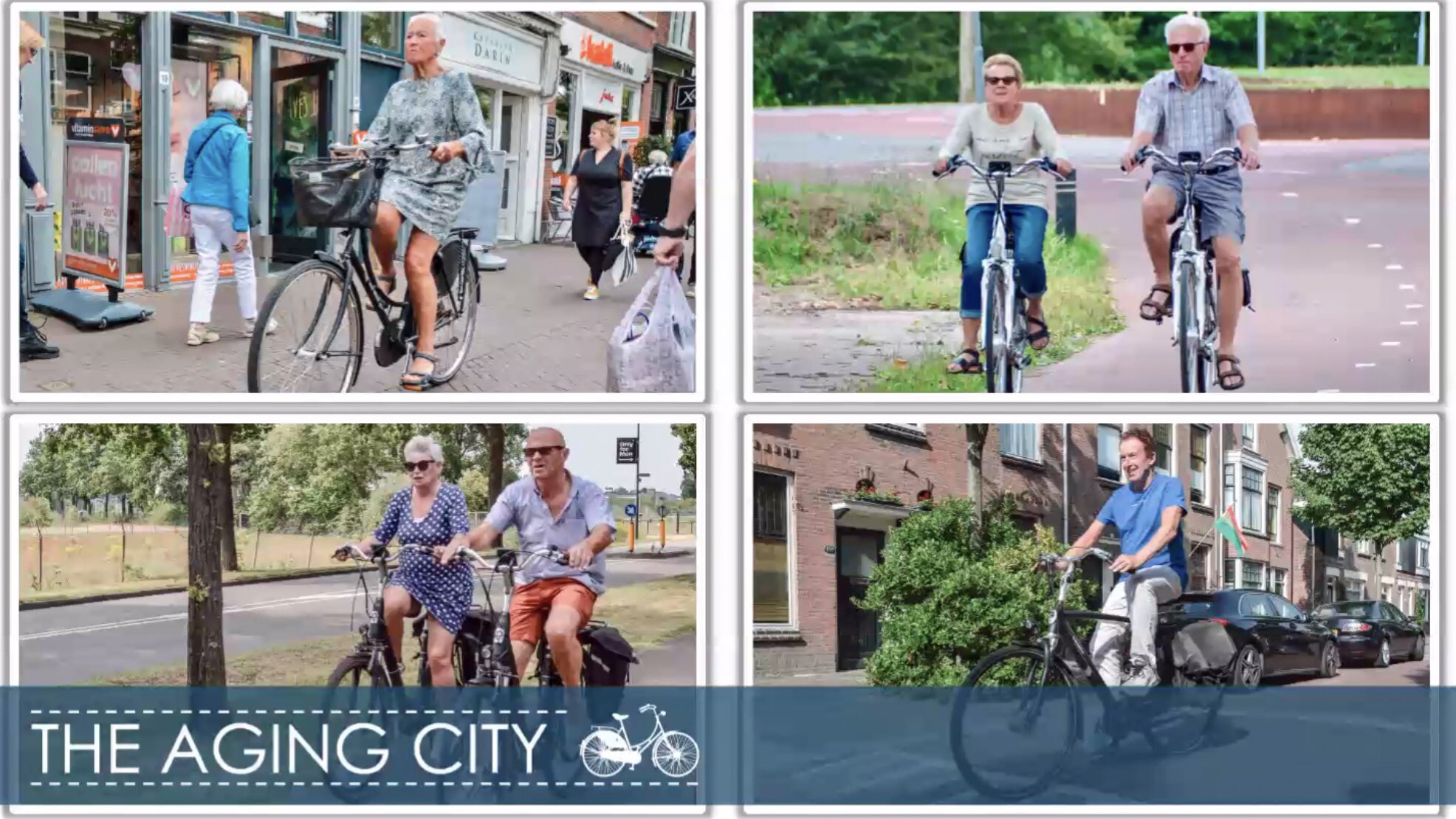CW: Mention of loss and complex family relationships on Father’s Day
Today is Father’s Day in the US, Canada, India, China and a bunch of other countries. When we celebrate it varies, just as it does for Mother’s Day. How we celebrate it varies also, according to community and family traditions, proximity of family members, relationships among family members, and where we are along the family life trajectory. In short, Father’s Day rarely reflects the simplified messages that we see in cards.

For my sister and me, Father’s Day has always been complicated. Our father didn’t teach us how to fish, or play chess, or make a bookcase, or do those things that movie-dads (and maybe some others?) seem to excel at. Our parents went through multiple marriages, resulting in both distance and complexity in family relationships. Father’s Day was, at best, awkward for us. We really didn’t know what to do or celebrate because all the other days of the year didn’t give us a clue about what fathers do for and with their children.
My father died young and a long time ago, making Father’s Day complex in a different way– about regret, loss, and wondering what I had actually missed by having that relationship.
Today, though, I am not feeling that sense of loss. I’ve been visiting my family for the past two weeks, seeing a lot of relatives. I’ve been seeing and hearing about the fathers in my family– uncles and cousins who have been attending to their children in ways they feel like they can and should contribute. From school work to boogie-boarding in the surf, these men are doing what they know how to do and learning how to do what they’re not good at, all geared toward teaching and loving and making the world as safe and wonderful as they can for their kids.
Once I took all this in, I looked around and saw how fathering happens in my family. My sister and I do these things– for each other and for her children. I’m the one who takes the lead on travel plans and outdoorsy activities. I do the major gear-buying (read bikes at every age) and opportunities to use them (rail trails for the win). My sister teaches the kids about money– how to manage it, how to save it– and about living in the world of grown-up things to do (like oil changes, bill paying, house maintenance, etc.)
We also do this for each other, providing structure and security when it’s needed, helping each other learn or get more comfortable or just push through things that are hard. Travel planning isn’t my sister’s forte, but I love it. Doing car things for my car isn’t mine (see? I can’t even word it precisely…) but she helps me, even from afar.
Elizabeth and I agree on the importance of planning ahead, the necessity of contingency/back-up plans, the simple pleasure of dog walking, and the superiority of beaches over mountains (fight us). Beyond that, we help parent each other and her kids in our own inimitable ways.
Dear readers, wherever you are with your father, we wish you a Happy Father’s Day. And wherever you are, we hope you find some ways to let yourself father and be fathered today and all days.




















